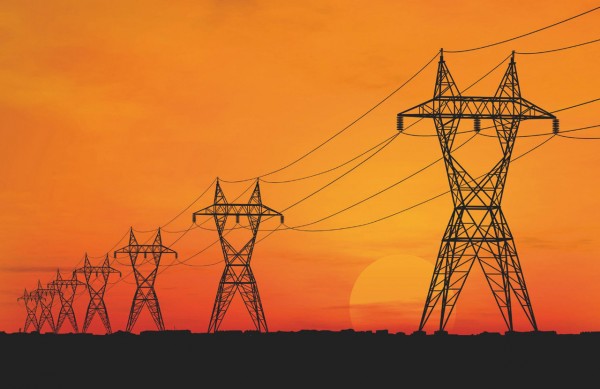Biden regime set to starve conservative Western states of water under new 'drought' rules... 40 million Americans to be impacted
Once again, the Biden regime is taking aim at its political enemies, and this time in one of the cruelest, most vile ways.
On Tuesday, the regime put forward measures that could greatly reduce water resources in seven western states due to the severe drought conditions that have persisted for decades.
As reported by Fox News, the Department of the Interior (DOI) has proposed two potential actions to tackle the declining water levels in the Colorado River Basin. The proposals involve federally mandated supply reductions for states that heavily rely on the river system, which serves over 40 million Americans and is crucial for the economies of western states. However, the DOI's focus is on ensuring a sustainable future for the Colorado River Basin, and by 'sustainable' that means the regime is more worried about environmental issues than the economic survival of mostly conservative states.
"Failure is not an option," Tommy Beaudreau, the DOI's deputy secretary, said in a statement. "Recognizing the severity of the worsening drought, the Biden-Harris administration is bringing every tool and every resource to bear through the President’s Investing in America agenda to protect the stability and sustainability of the Colorado River System now and into the future."
The 1,450-mile Colorado River not only provides water to millions of Americans but also supports 5.5 million acres of agricultural lands, generates electricity for millions of residents through hydroelectric dams, and has significant recreational and ecological uses, the outlet reported.
The river system serves as a water source for seven states, which are categorized into two geographical regions: the Upper Basin (consisting of Colorado, New Mexico, Utah, and Wyoming) and the Lower Basin (including Arizona, California, and Nevada).
The Upper Basin states receive water from smaller rivers that branch off the Colorado River, while the Lower Basin states mainly depend on water pooled in Lake Powell, a man-made reservoir along the Utah-Arizona border, and Lake Mead, a reservoir along the Nevada-Arizona border. The Glen Canyon Dam in northern Arizona and the Hoover Dam in southern Nevada regulate water flows from the respective reservoirs to the Lower Basin states, said
Fox News.
Due to persistent drought conditions over the past decades, the
water levels of both Lake Powell and Lake Mead have significantly dropped, approaching the critical "dead pool" levels at which the water can no longer flow from a reservoir through its dam. Officials claim that poses a serious threat to water supplies and the hydroelectric power generated by the two reservoirs, which is essential for tens of millions of Americans.
It's notable that California, which has had drought issues for years, has not embarked on a plan to construct desalination plants long its coastline to turn seawater into fresh water.
"Drought conditions in the Colorado River Basin have been two decades in the making," said Bureau of Reclamation Commissioner Camille Calimlim Touton. "To meet this moment, we must continue to work together, through a commitment to protecting the river, leading with science and a shared understanding that unprecedented conditions require new solutions."
Federal data shows that the level of Lake Powell has dropped to approximately 3,520 feet and Lake Mead's level has dropped to 1,046 feet due to decades of drought conditions. The estimated dead pool levels for the two reservoirs are 3,370 feet and 895 feet, respectively.
On Tuesday, the Department of the Interior proposed a draft supplemental environmental impact statement, which outlines the first proposed action to reduce water supply in the Lower Basin states. The water supply reductions will be based on the seniority of the entities that receive water from the reservoirs.
And
big, blue California will benefit the most, per
Fox News.
"Such a proposal would benefit the agriculture industry in California including the Imperial Irrigation District, a senior water rights holder that uses Colorado River water to supply about 500,000 acres of farmland," the outlet noted, citing a report in the
Los Angeles Times. "The action, though, would disproportionately
negatively impact junior water rights holders like an Arizona entity that supplies water to Phoenix."
Sources include:
FoxNews.com
NaturalNews.com
 Parler
Parler Gab
Gab










